Compound Semiconductor Materials
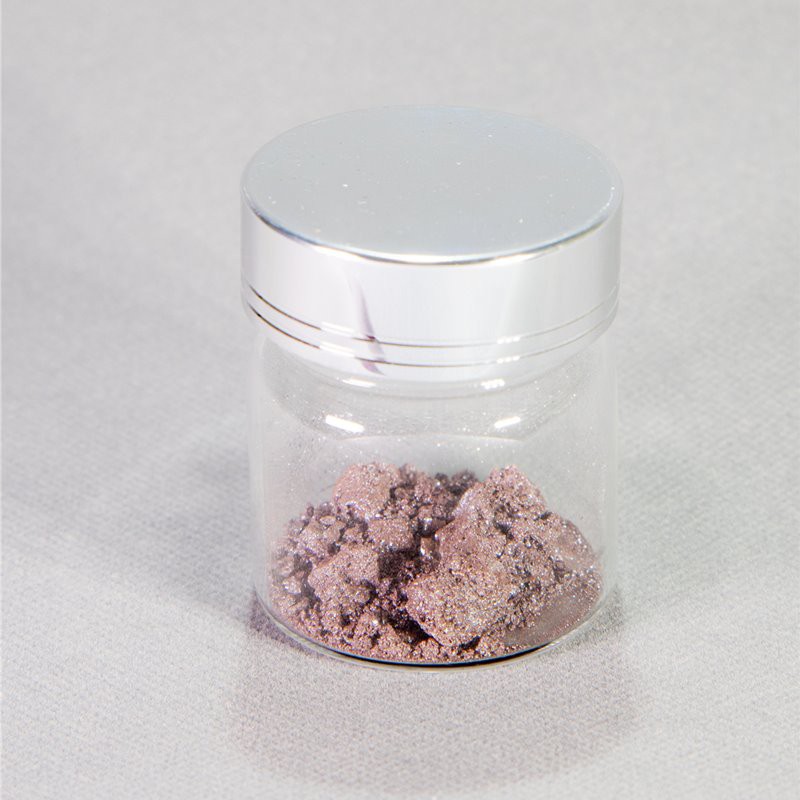
6N Zinc Telluride
Zinc telluride is a group II-VI compound with the chemical formula ZnTe. Red-brown zinc telluride is produced by heating tellurium and zinc together in a hydrogen atmosphere and then sublimating.
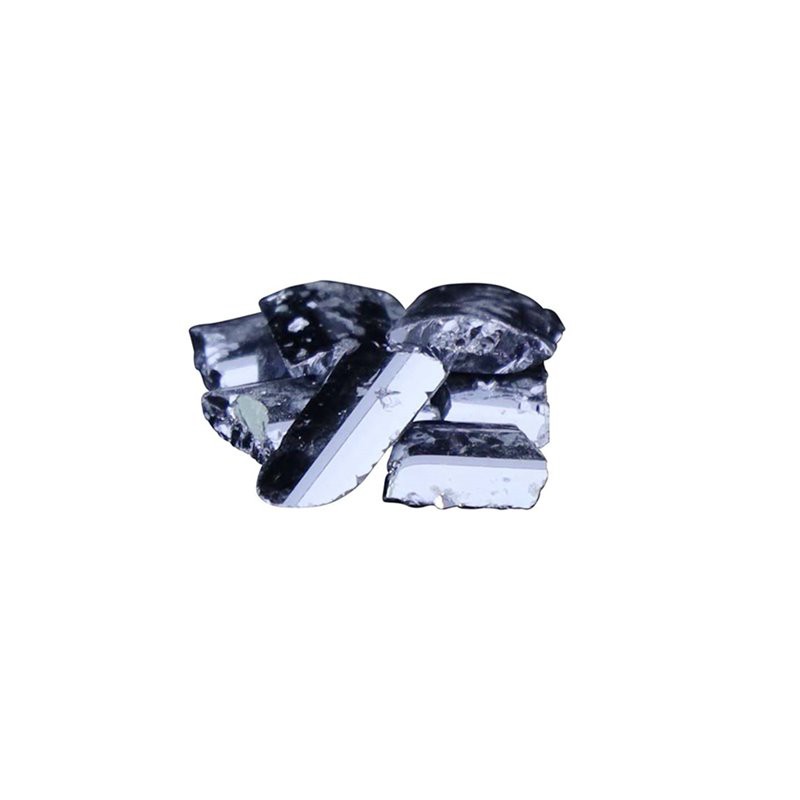
6N Gallium(II) Telluride
Gallium(III) telluride (Ga2Te3) is a chemical compound classified as a metal telluride. At room temperature gallium(III) telluride is an odorless, black, brittle crystalline solid and is a semiconductor of the III-VI type that crystallizes in a lattice structure.
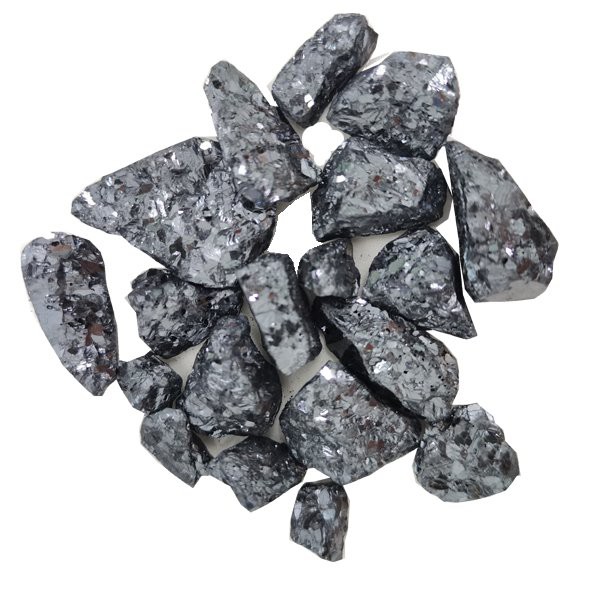
7N Cadmium Telluride
Cadmium telluride, with the symbol CdTe, atomic weight is 250, is the black cubic crystal, toxic.
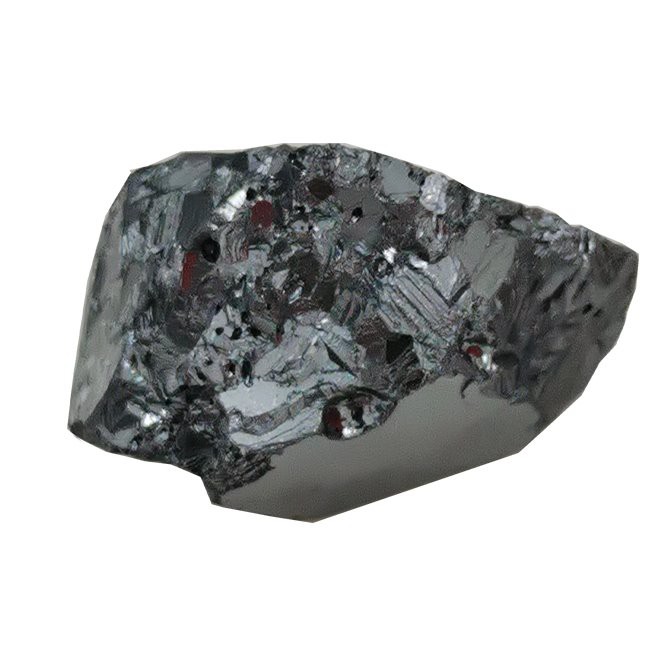
6N Cadmium Telluride
Chemical formula CdTe. Molecular weight 240.00. Black cubic crystals. Poisonous! The melting point is 1041℃, and the decomposition occurs at higher temperature, and the relative density is 6.2015.
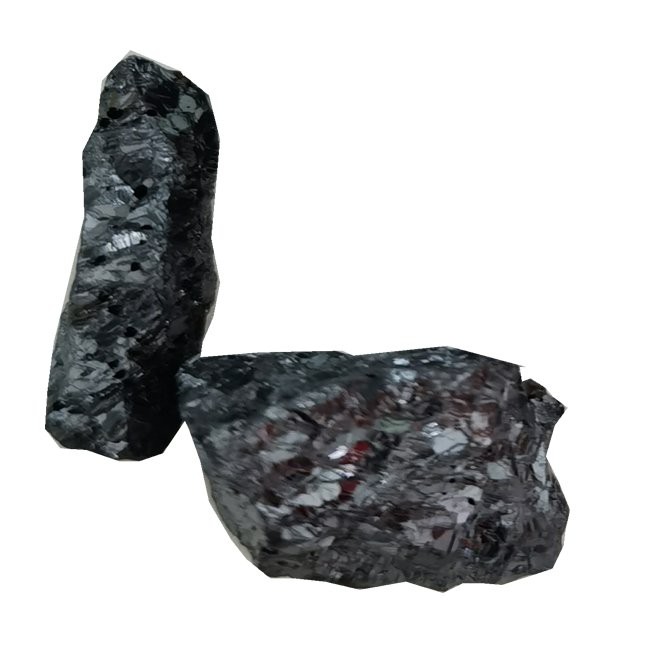
6N Tellurium Cadmium Zinc
Cadmium zinc telluride, with the symbol of CdZnTe, the abbreviation is CZT. CZT crystal is Wide Bandgap II-VI Compound Semiconductors, can seen to be melted by CdTe and ZnTe solid.
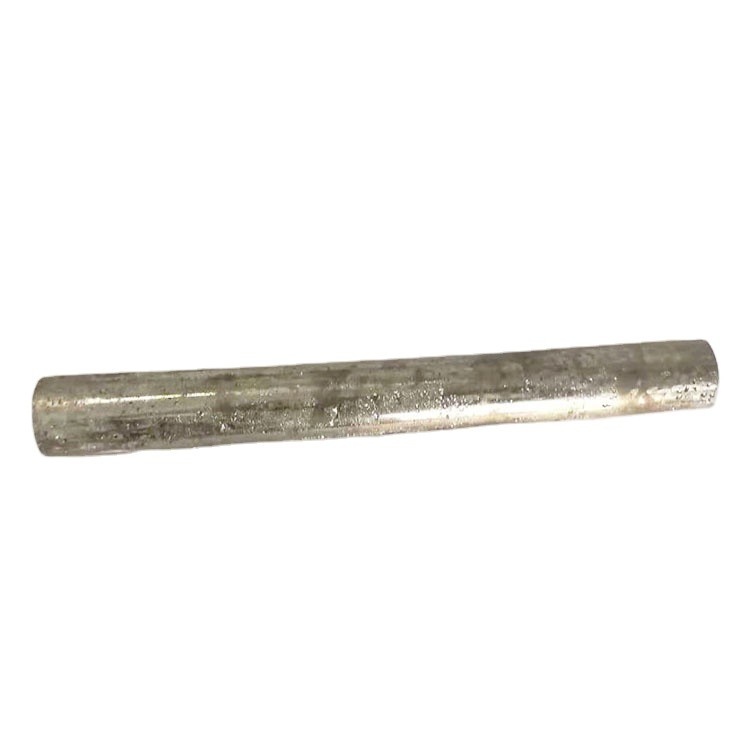
4N N-type Bismuth Telluride
Bismuth telluride is a compound of tellurium and bismuth. It is a narrow-gap layered semiconductor with a triangular unit cell. It is mainly found in the rare mineral bismuth telluride.
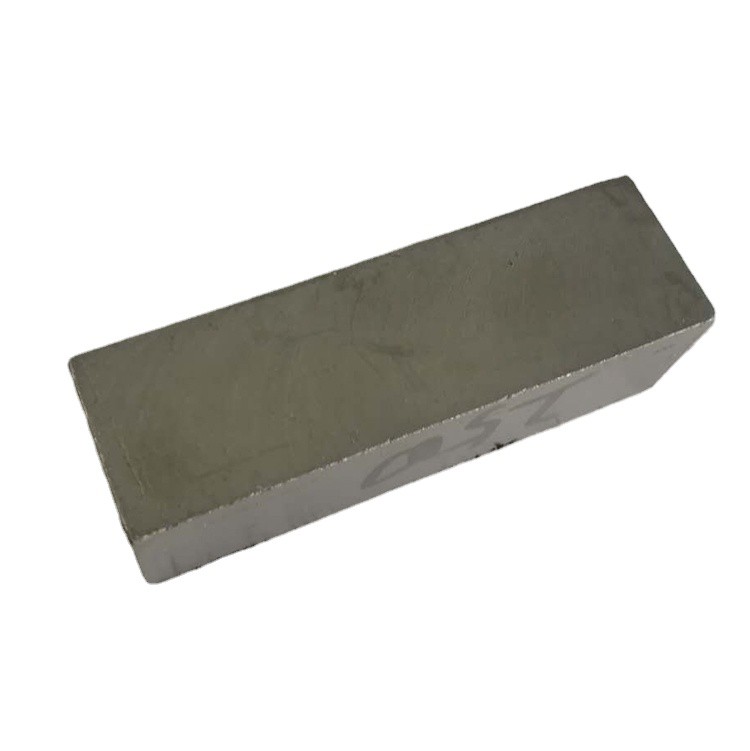
4N P-type Bismuth Telluride
Bismuth telluride is a semiconductor material with good conductivity, but poor thermal conductivity. It is mainly used for semiconductors, electronic refrigeration and power generation.
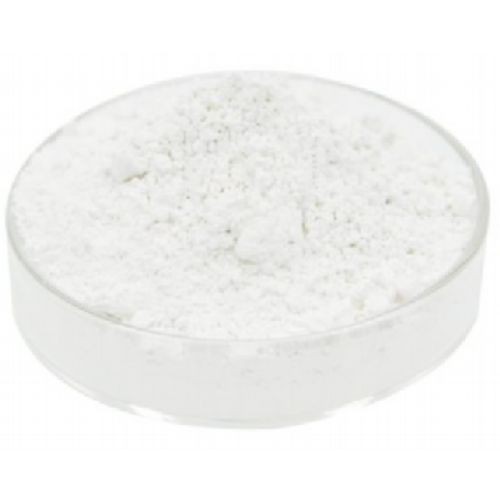
5N Germanium Dioxide
Germanium oxide, the symbol is GeO2, atomic weight is 104.59, which has insoluble and soluble variant, the former is colorless tetragonal prism, the melting point is 1086±5℃, density is 6.23g/cm³
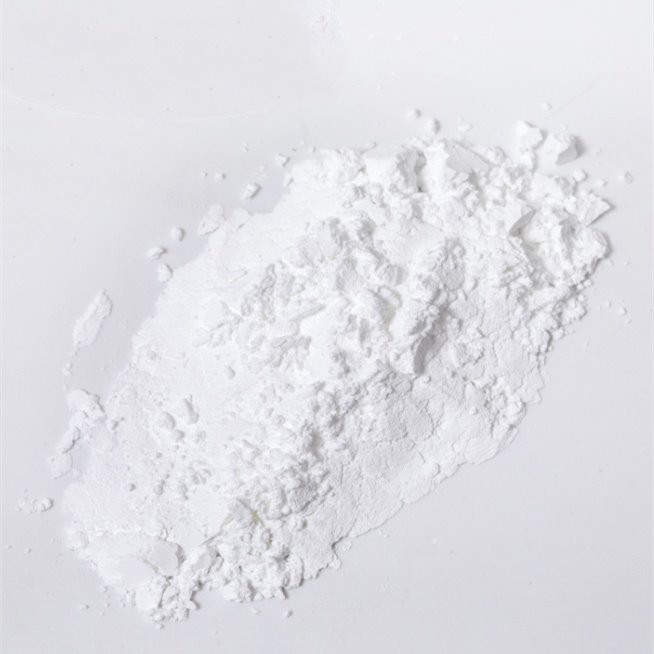
6N Germanium Dioxide
Germanium oxide is a white powder, hexagonal, tetragonal or amorphous solid. Hexagonal crystal system: relative density 4.228, melting point (1115±4)℃.
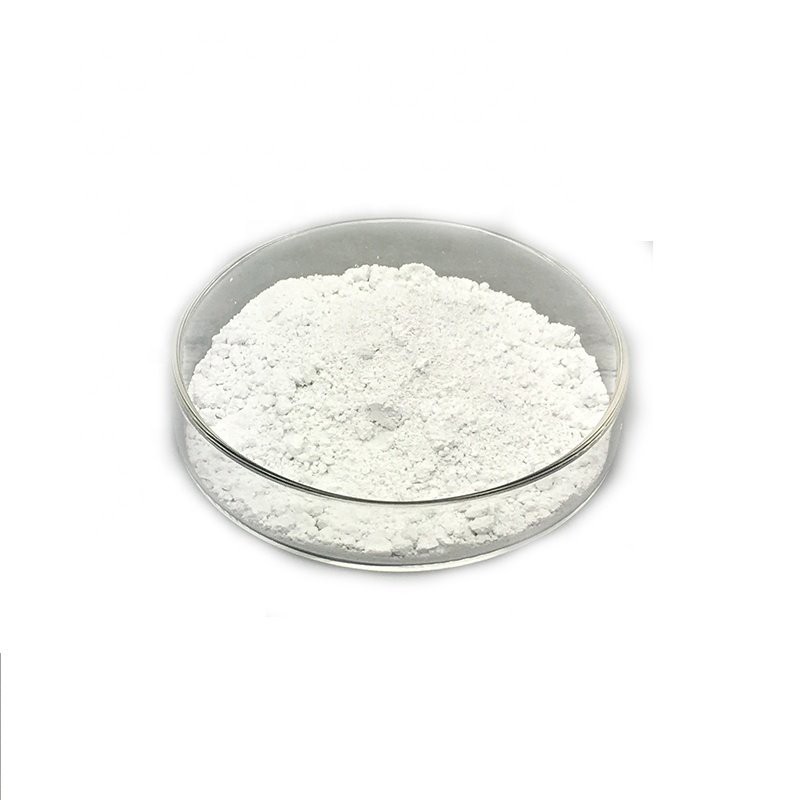
5N Gallium
Used as a high-purity analytical reagent, for the preparation of semiconductor materials in the electronics industry.
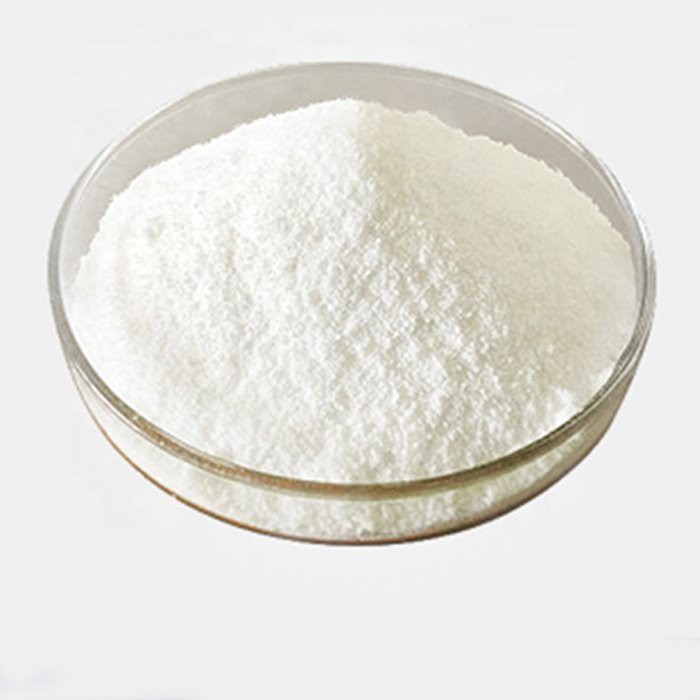
4N Gallium Oxide
Gallium(III) oxide, ≥99.99% trace metals basis. Density is 5.88 g/mL at 25 °C.
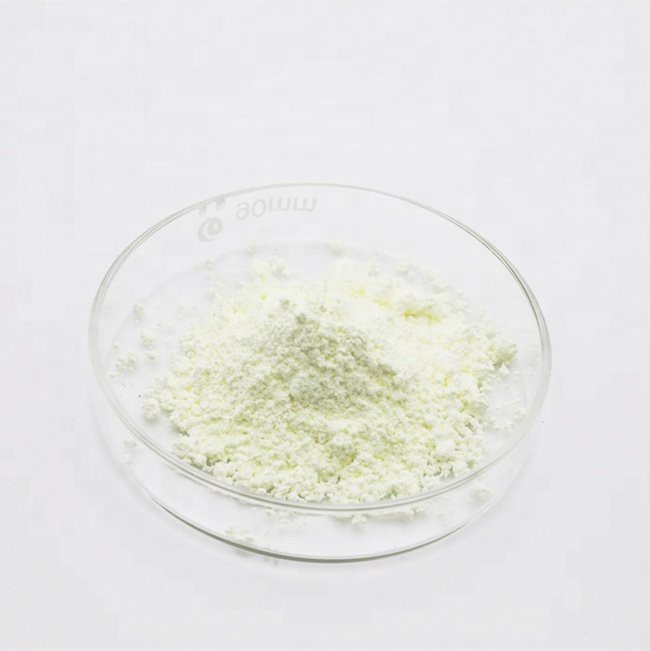
5N Bismuth Oxide
Above 710 ℃, melting bismuth oxide can erode or dissolve metal oxides. The main purpose: the electronics industry; pressure-sensitive resistors
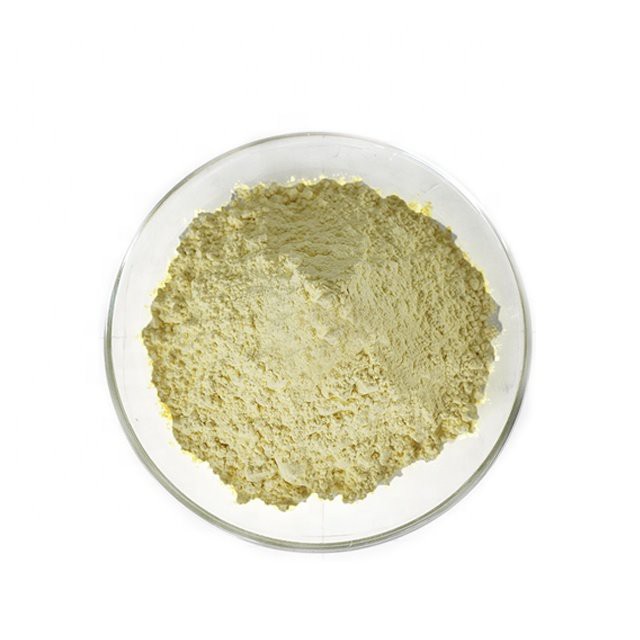
4N Bismuth Oxide
Bismuth oxide(4N), it is a highly insoluble thermally stable Bismuth source suitable for glass, optic and ceramic applications.
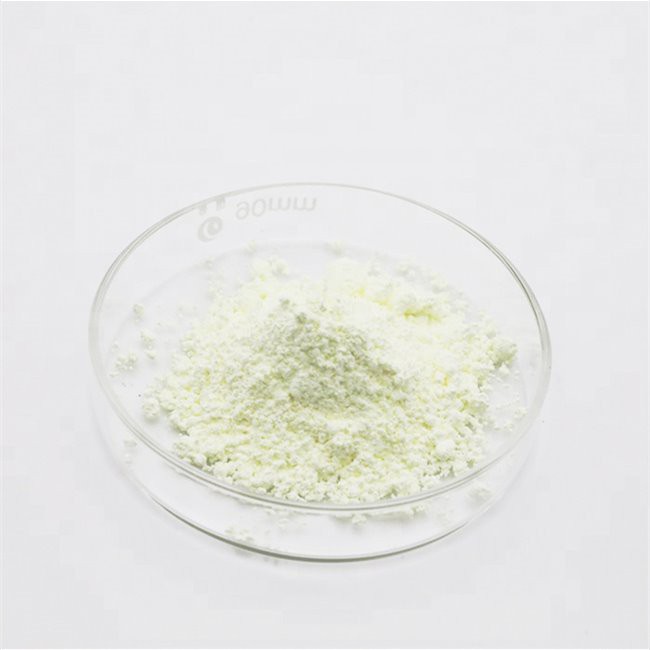
4N Indium Trioxide
Indium Trioxide is white or light yellow amorphous and crystalline powder. Relative density 7.179. Melting point 1910 ℃. Volatile above 850°C.
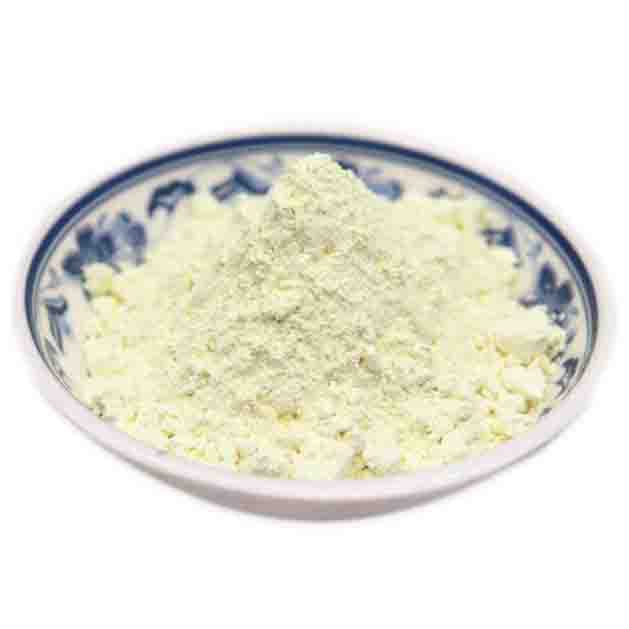
5N Indium Trioxide
Indium Trioxide is white or light yellow amorphous and crystalline powder. Melting point 2000 °C, density 7.18 g / ml at 25 °C, vapor pressure < 0.01 mm Hg (25 °C).
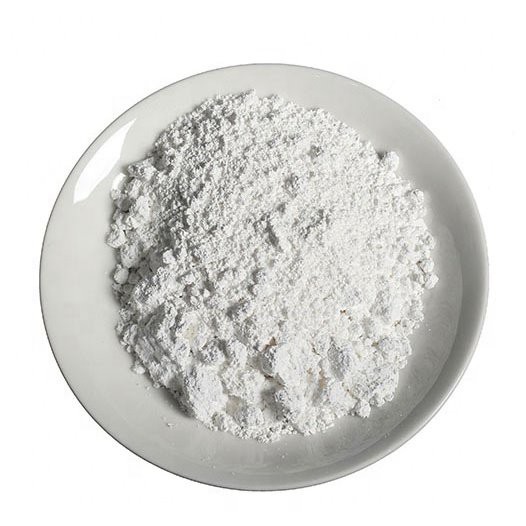
4N Tellurium Dioxide
Tellurium Dioxide is white crystal. Tetragonal crystal structure, yellow when heated, it will be dark yellow red when melted, it is an amphoteric compound.
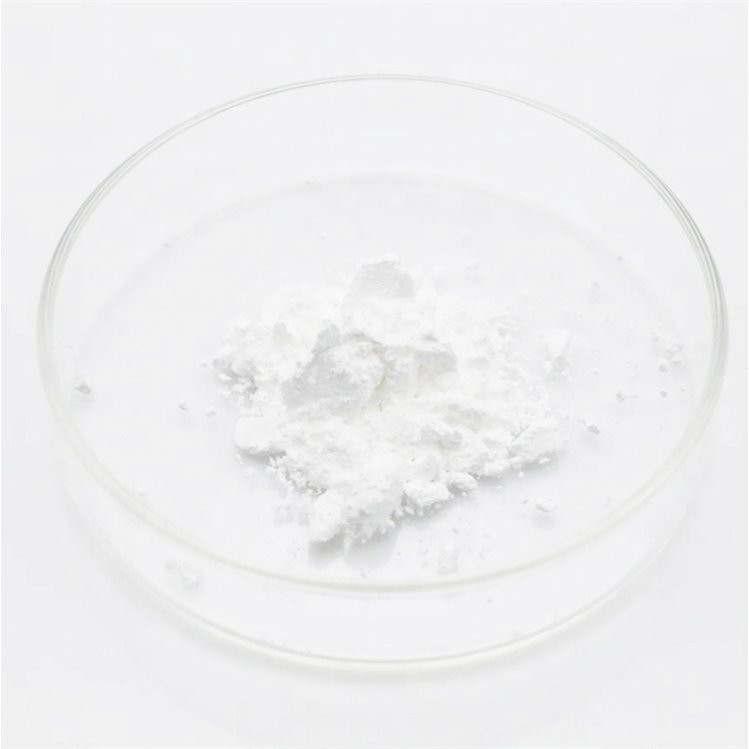
5N Tellurium Dioxide
The chemical formula of tellurium dioxide is TeO2. Molecular weight 159.60. Colorless crystal, melting point 732.6 ℃. There are two crystal forms: it is made from nitric acid solution and belongs to the tetragonal crystal system, similar to octahedron.
